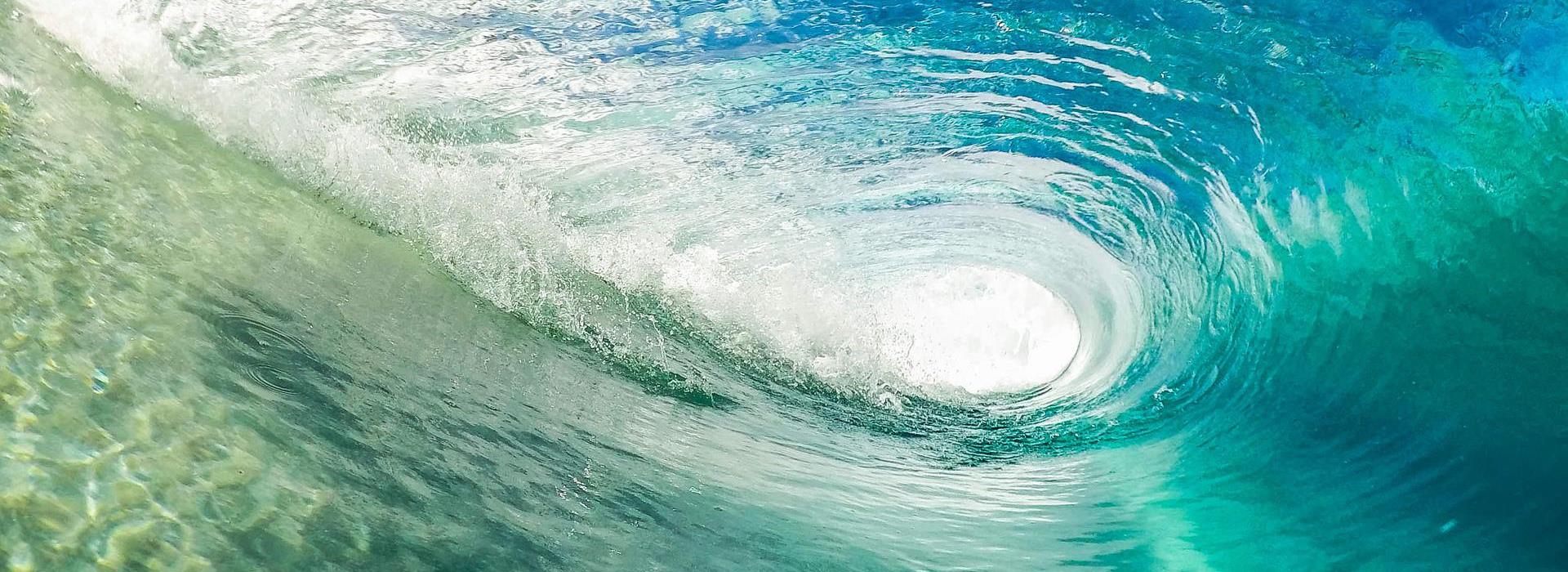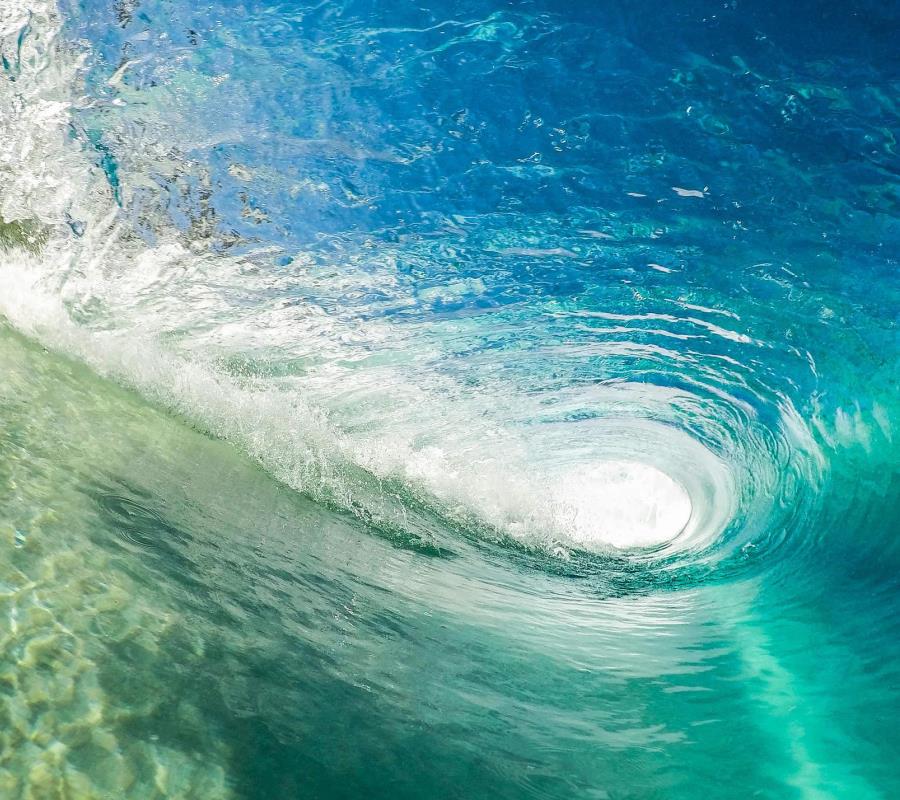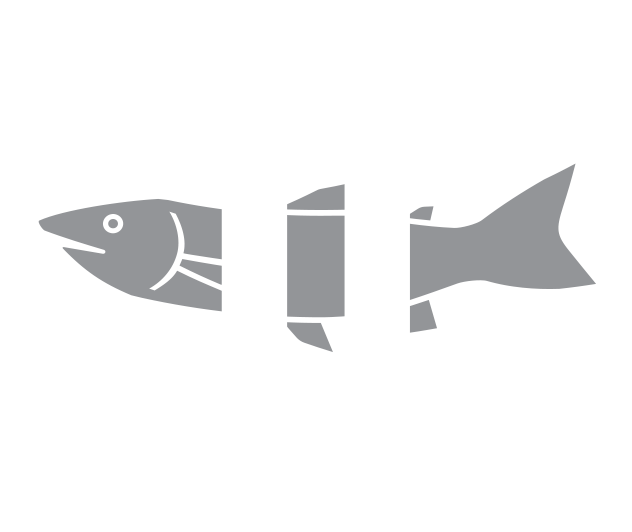

Tips for a marine-friendly lifestyle
There are many areas in our everyday lives where we can make a big difference. Here are some tips and suggestions that are good for nature and marine conservation. Put them into practice and make a contribution to marine conservation every day.
Travel
- Whenever possible travel by train instead of by plane. In the event of air travel, do not forget to compensate for the CO2 emissions attributable to you;
- Holidays on the water: a sailing trip is much more environmentally friendly than a cruise;
- Pay attention to your choice of sunscreens: use those that contain mineral UV filters, because the chemical UV filters (octinoxate and oxybenzone) massively harm marine organisms such as corals.
Encounters with marine animals
- Opt for encounters in the wild and avoid facilities where the animals are caged;
- For the good of the animals, avoid “swimming with …” offers;
- Leave it to the sea creatures how an encounter takes place;
- Do not feed marine animals and avoid body contact.
Food and drink
- To protect fish stocks in the oceans: unless you rely on sea fish / marine animals as a source of food, try to refrain from consuming seafood;
- Omega-3 fatty acids: we do not need to obtain them from fish. Various oils (e.g. rapeseed oil, hemp oil), vegetables (e.g. sprouts, spinach, beans) and nuts (e.g. walnuts, almonds) contain sufficient omega-3 fatty acids;
- Not eating meat is good for the climate, the animals and your health. At Swissveg you will find a wide selection of vegan recipes;
- Whenever possible opt for local / regional foods and shop in bulk stores;
- Whenever possible, opt for tap water in PET plastic bottles instead of commercially bottled drinking water;
- Buy only as much as you need to prevent food waste. If you do occasionally buy too much, try offering excess food to where it can be dispensed of, so it can be used by others and not just end up as waste.
Consumption in general
- Avoid disposable plastics wherever possible;
- Opt for cosmetics products without micro plastic additives;
- Synthetic textiles lose fibers during washing and enter the water as micro plastics. Use textile wash bags or washing machine filters such as the ones from PlanetCare to prevent this or wear non-synthetic clothing;
- Dispose of waste properly – also cigarette butts are waste and do not belong in the environment;
- Even if it’s not your garbage: Collect waste when you are out in nature and dispose of it properly. On the annual World Cleanup Day you can participate in organized cleanup efforts worldwide;
- Repair is “in” again: buy equipment that can be repaired so as to avoid electronic waste;
- Opt for sustainable energy sources and reduce energy consumption wherever possible;
- Extend the life of textiles by making use of second-hand clothing markets and thereby take a stand against textiles waste.
Make an impact: Be the change
- Talk to people about why you do what you do to protect the seas;
- Vote for politicians who are committed to protecting the environment;
- Support votes and petitions for the protection of nature.

Will you give the seas a break?
Everyone can contribute to a healthy marine ecosystem. You too can refrain from consuming fishes and other marine animals if you are not dependent on this food source.
Will you give the seas a break?

Everyone can contribute to a healthy marine ecosystem. You too can refrain from consuming fishes and other marine animals if you are not dependent on this food source.